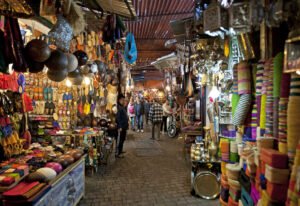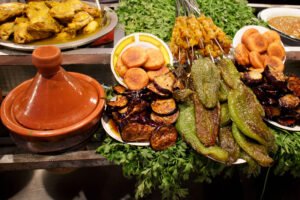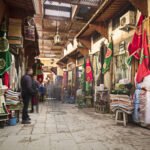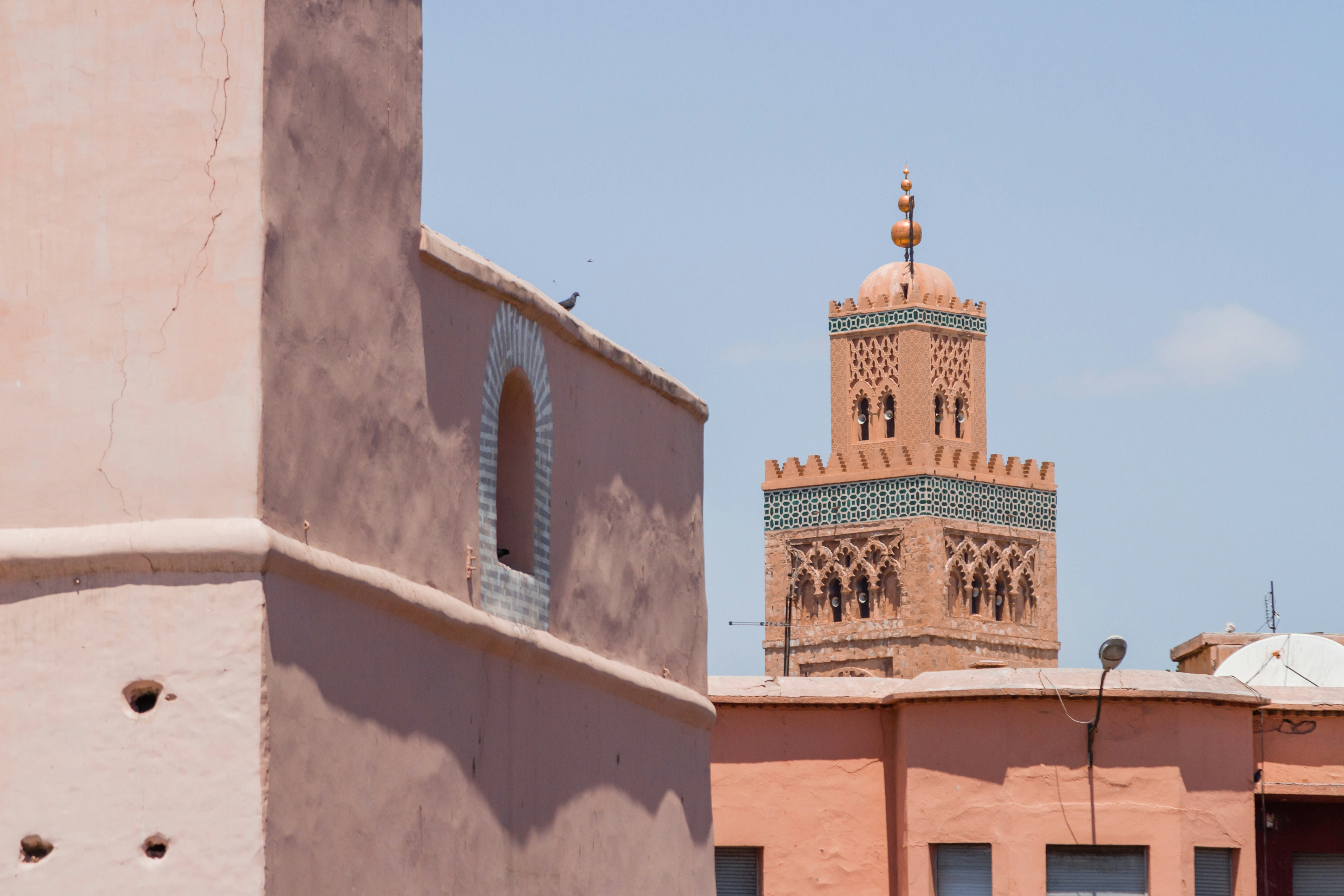Morocco, a land of vibrant culture, breathtaking landscapes, and deep-rooted traditions, offers an unforgettable experience for travelers. Whether you’re drawn to the bustling medinas of Marrakech, the serene blue streets of Chefchaouen, or the golden dunes of the Sahara, Morocco provides a unique blend of history, adventure, and luxury. To ensure a smooth and enriching journey, it’s important to be well-prepared. This guide covers essential travel tips, from cultural etiquette and safety to transportation and dining recommendations.
Understanding Moroccan Culture and Traditions
Morocco cultural diversity is shaped by Arab, Berber, African, and European influences. The country’s Moorish heritage is evident in its architecture, music, and traditions, making it a fascinating destination for history enthusiasts. Respecting local customs is crucial for a positive experience.

- Dress Modestly: While Morocco is a progressive country, it remains deeply traditional in many areas. Women should consider covering their shoulders and knees, especially in rural or religious sites, while men should avoid wearing sleeveless shirts in conservative regions.
- Greetings Matter: A customary Moroccan greeting involves a handshake and sometimes a light touch on the heart as a sign of sincerity. When addressing someone, using titles such as ‘Sidi’ for men and ‘Lalla’ for women shows respect.
- Bargaining is Expected: In the souks of Marrakech, Fes, or Tangier, haggling is part of the shopping experience. Vendors often start with a high price, so negotiating is not only acceptable but encouraged.
- Respect Religious Practices: Morocco is a Muslim-majority country, and visitors should be mindful of religious customs, particularly during Ramadan. Avoid eating, drinking, or smoking in public during fasting hours out of respect for locals.
Ensuring Safety and Security While Traveling
Morocco is generally considered a safe destination, but like any travel experience, precautions should be taken.
- Choose a Reputable Travel Agency: Opting for a trusted travel agency in Morocco, such as Goldfinch Overseas, ensures a well-organized trip with local experts who prioritize your safety and comfort.
- Be Cautious in Crowded Areas: Pickpocketing can occur in busy tourist spots like Jemaa el-Fnaa or Fes’ medina. Keep your belongings secure and avoid carrying excessive cash.
- Women Traveling Solo: While solo female travelers can enjoy Morocco safely, dressing conservatively, avoiding isolated areas at night, and staying in reputable accommodations add an extra layer of security.
- Stay Connected: Purchasing a local SIM card with internet access helps travelers navigate the country easily and stay connected with guides or emergency contacts.
Getting Around Morocco – Transportation Tips
From high-speed trains to scenic road trips, Morocco offers various transportation options.
- Trains: The country has a reliable train network, with ONCF operating routes between major cities like Casablanca, Rabat, Fes, and Marrakech. The Al Boraq high-speed train connects Tangier to Casablanca in just over two hours.
- Buses and Taxis: CTM and Supratours offer comfortable long-distance buses. In cities, petite taxis are common, but always ensure the meter is running or negotiate the fare beforehand.
- Private Transfers: For a seamless experience, especially for luxury or private travelers, pre-arranged transportation through travel agencies ensures a stress-free journey.
Experiencing Moroccan Cuisine

Moroccan cuisine is a flavorful blend of spices, slow-cooked meats, and fresh produce. Exploring the local gastronomy is a highlight of any trip.
- Must-Try Dishes: Savor tagines, couscous, pastilla, and harira soup. In coastal areas, grilled seafood is a specialty.
- Street Food: Sampling street food like msemen (flaky pancakes) or freshly squeezed orange juice is a delightful experience. Stick to busy stalls with high turnover for freshness.
- Dining Etiquette: Eating with the right hand is customary, especially when dining in traditional settings. Mint tea, a symbol of Moroccan hospitality, is often served generously.
Currency and Payment Methods
The Moroccan Dirham (MAD) is the official currency, and cash is widely used. However, major hotels and restaurants accept credit cards.
- Currency Exchange: Exchange money at banks, exchange bureaus, or withdraw from ATMs for the best rates.
- Tipping Culture: While not obligatory, tipping is appreciated. In restaurants, leaving 5-10% is common, and small tips for guides, drivers, or hotel staff are customary.
Packing Smart for Your Moroccan Adventure
Packing appropriately enhances comfort during your travels.
- Seasonal Considerations: Summers can be extremely hot, particularly in the desert, while winters can be chilly, especially in the Atlas Mountains.
- Essentials: Comfortable walking shoes, a lightweight scarf (useful for sun protection or visiting mosques), and sunblock are must-haves.
- Adapters: Morocco uses Type C and Type E electrical sockets, so bringing the right adapter is necessary for charging devices.
Morocco’s diverse landscapes, rich heritage, and warm hospitality make it a remarkable destination for all types of travelers. Whether you’re exploring the imperial cities, venturing into the desert, or relaxing along the coast, these travel tips will help ensure a smooth and memorable journey. By planning wisely and embracing the country’s cultural nuances, your Moroccan adventure will be as rewarding as it is unforgettable.






